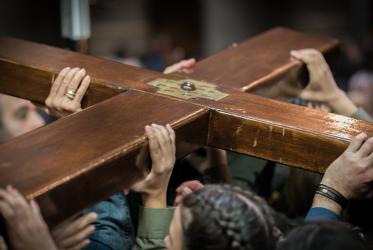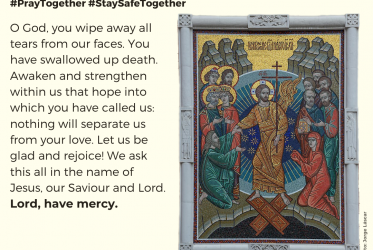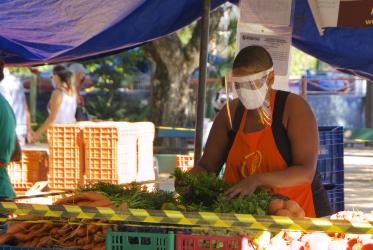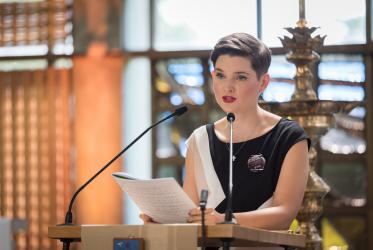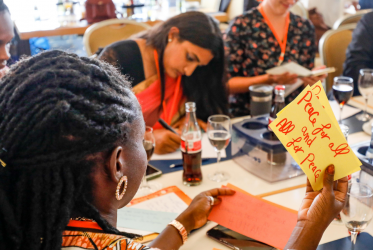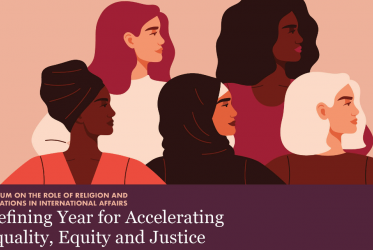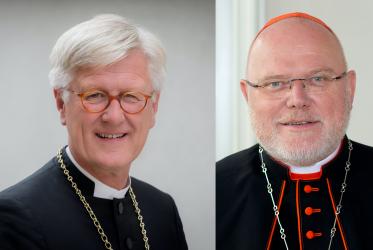Displaying 61 - 80 of 337
Morning Prayer for Tuesday, 6 April 2021
06 April 2021
Love and Witness
Proclaiming the Peace of the Lord Jesus Christ in a Religiously Plural World
18 January 2021
Rethinking Ecological Relationships in the Anthropocene era
11 - 13 February 2021
Brazilian churches call for transformative racial justice
23 November 2020
WCC executive committee maps future with hope in uncertain times
19 November 2020
Driven by God’s grace and a sense of duty
05 November 2020
